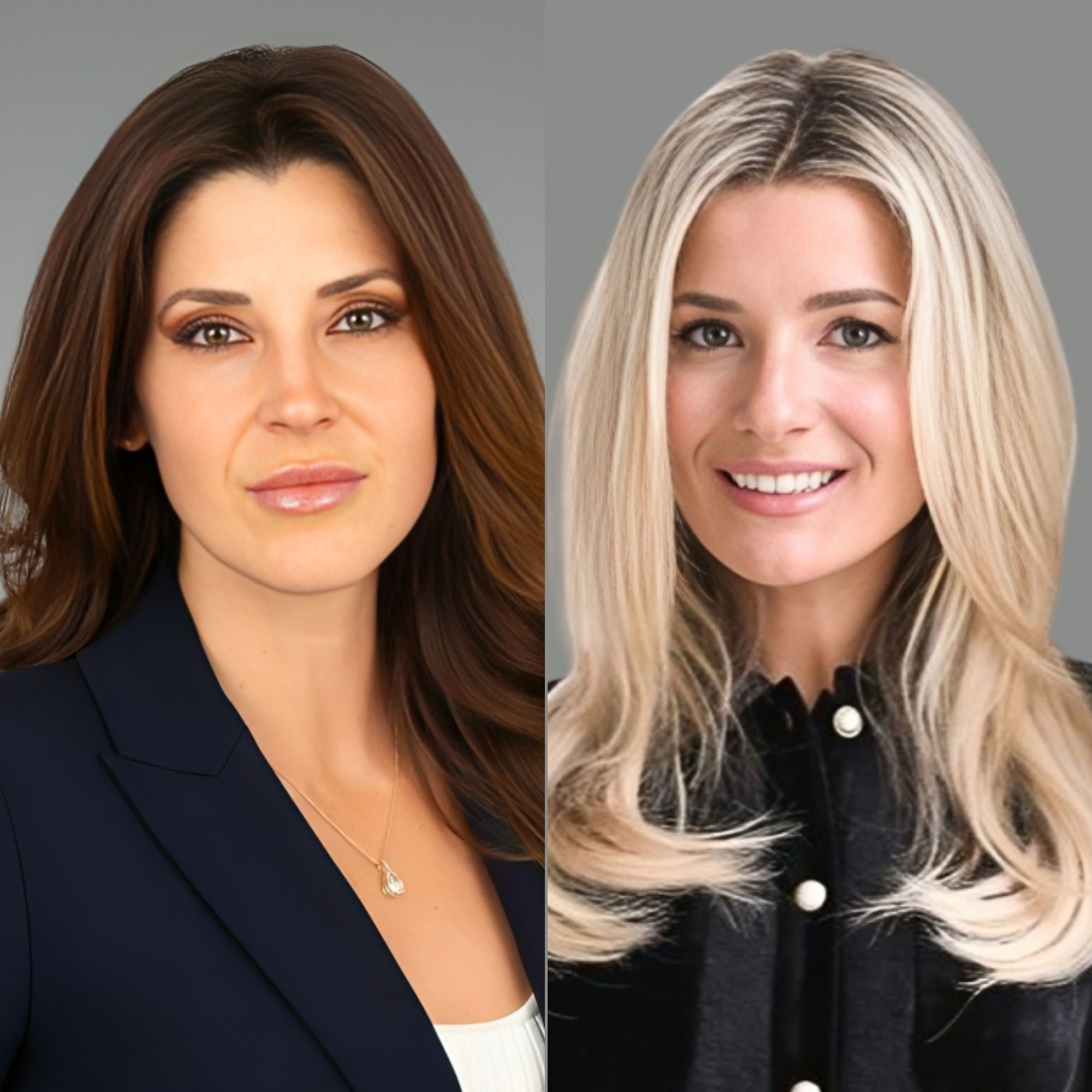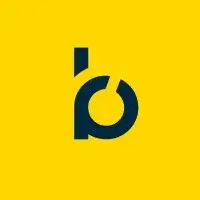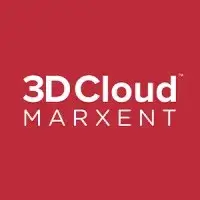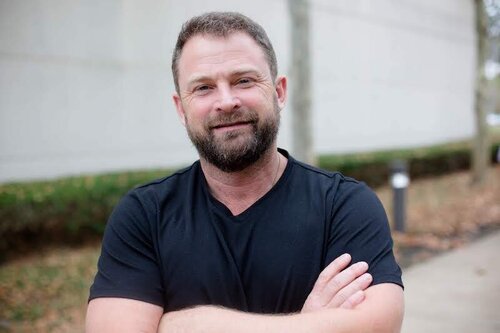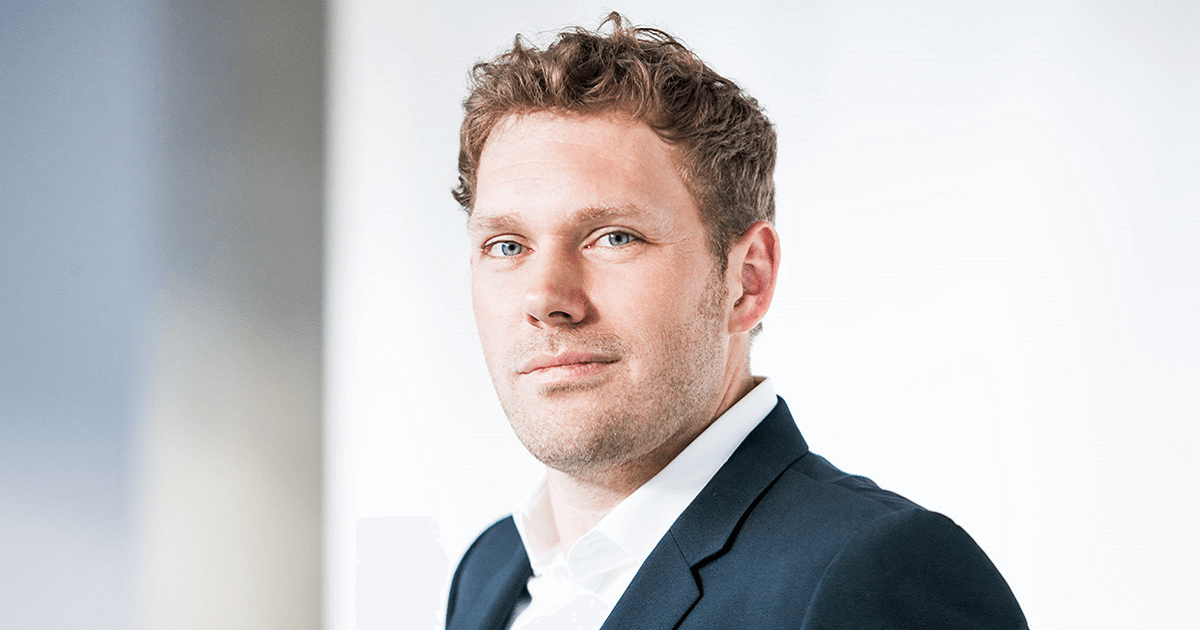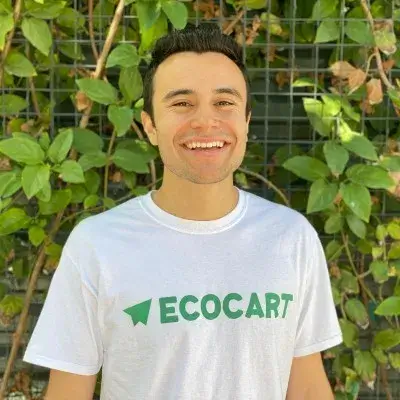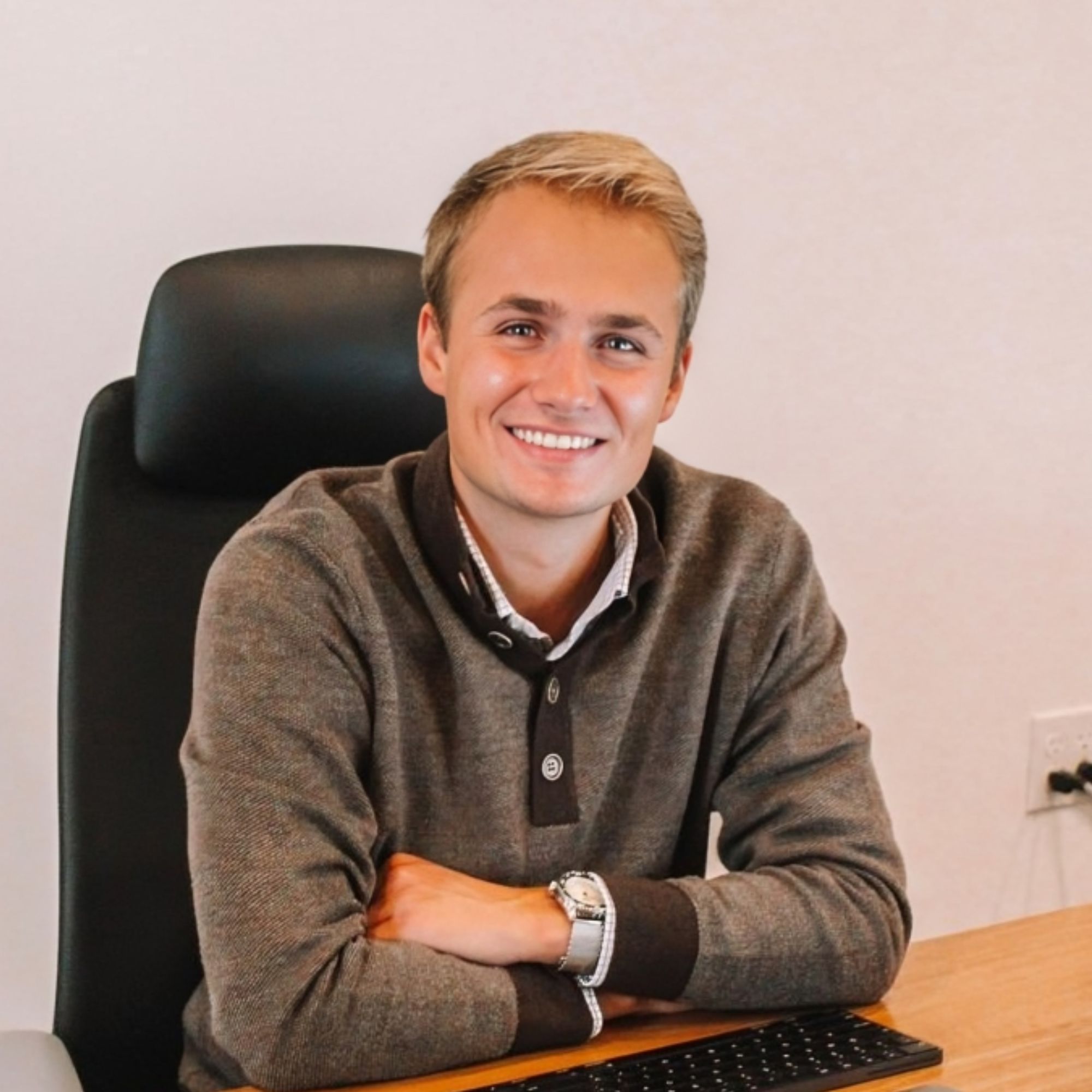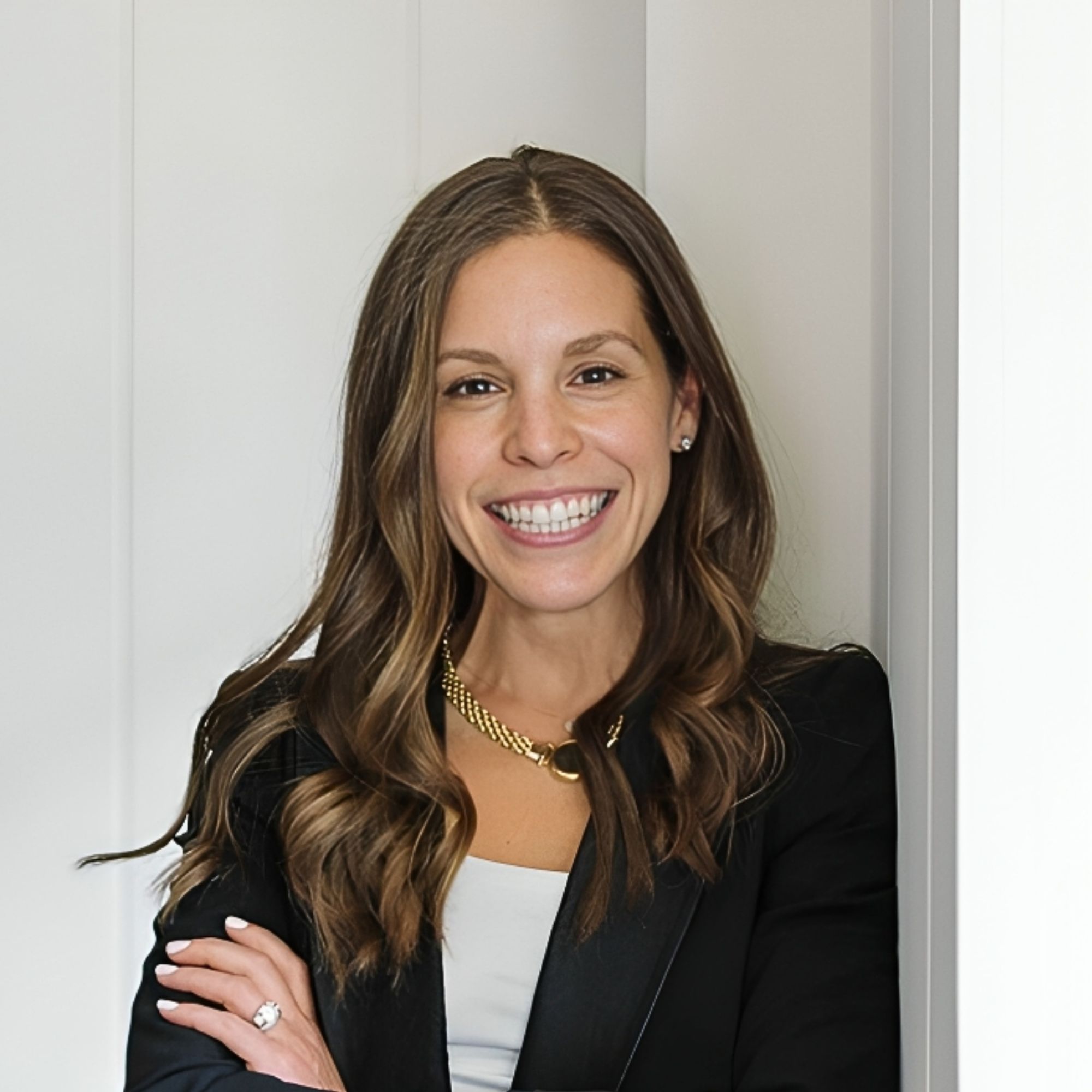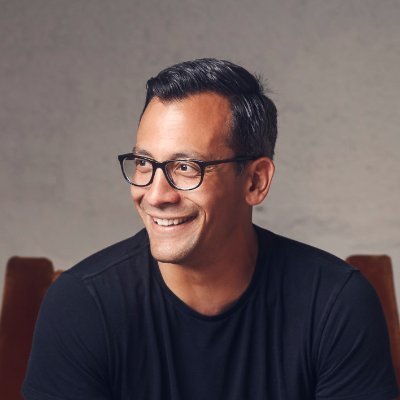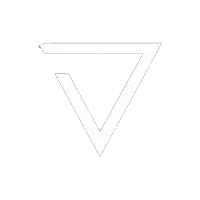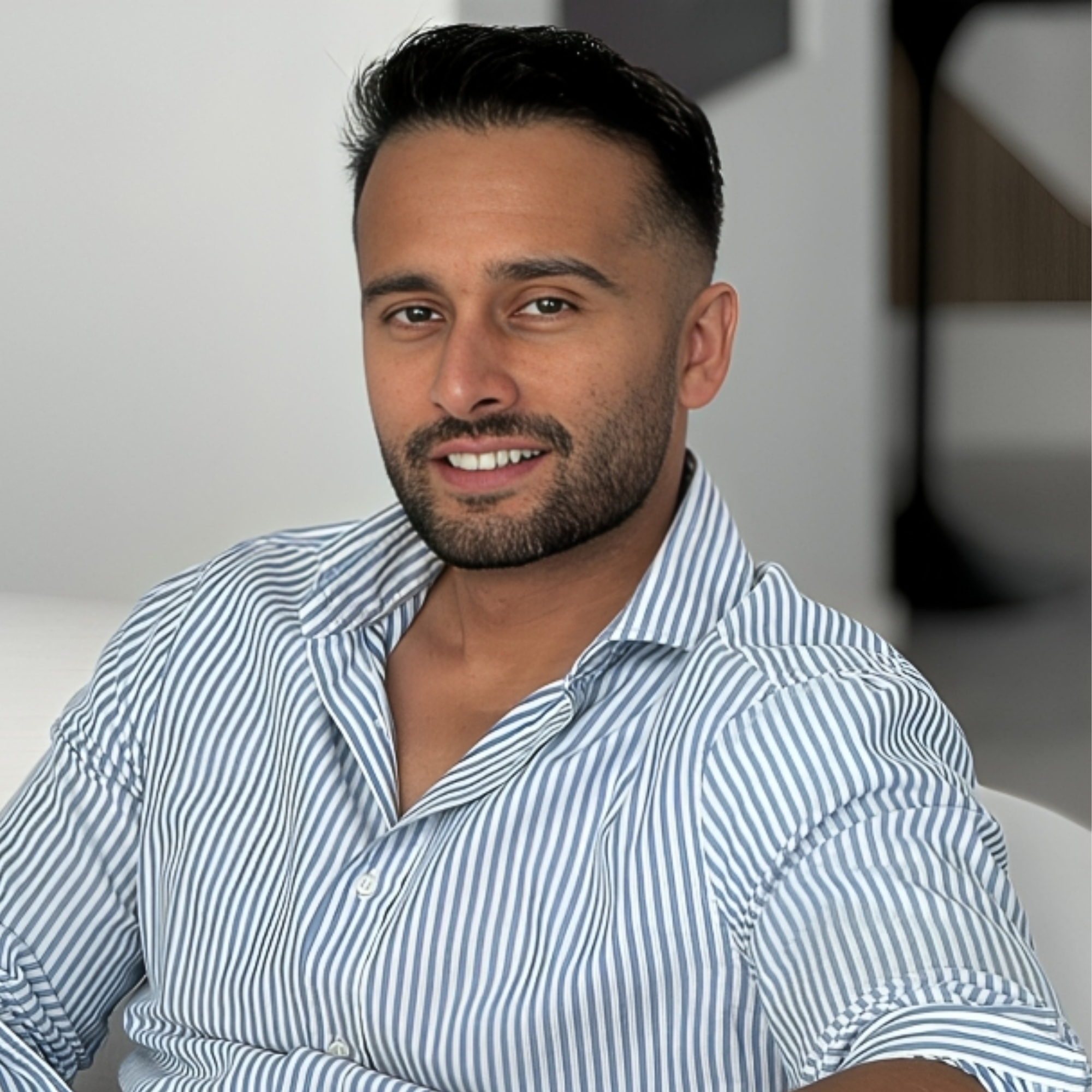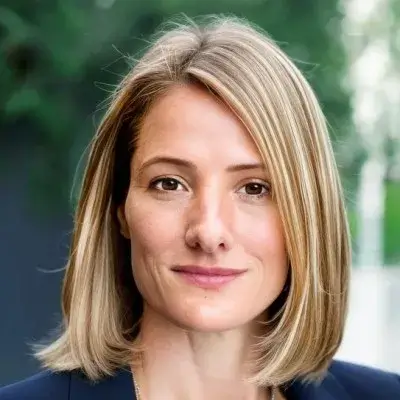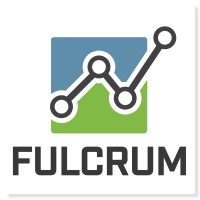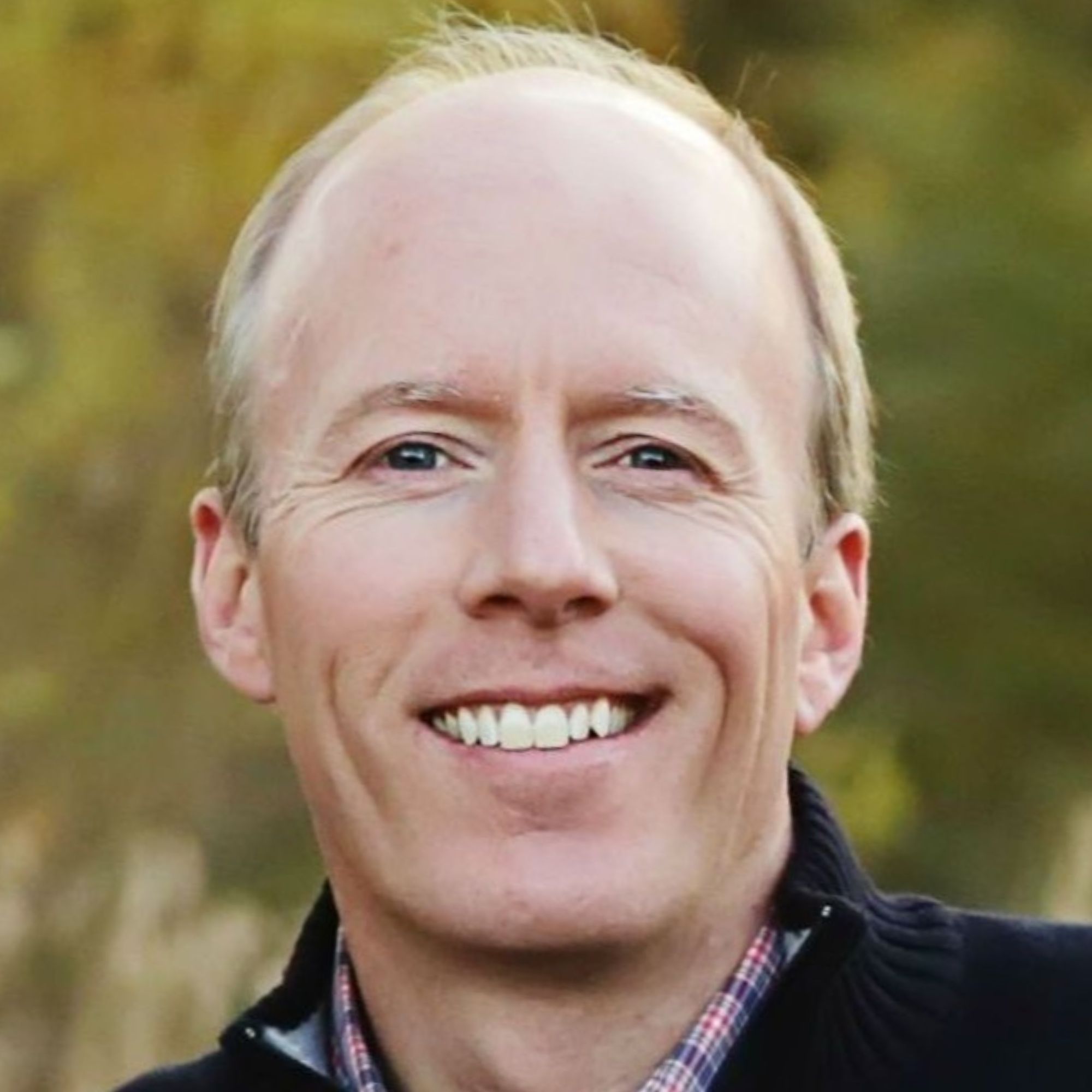Ready to build your own Founder-Led Growth engine? Book a Strategy Call
Frontlines.io | Where B2B Founders Talk GTM.
Strategic Communications Advisory For Visionary Founders
Actionable
Takeaways
Pursue extreme industry focus:
Craig credits hyble's success to shutting down all non-alcohol business early on: "If you have limited resources, you really need to focus on a very narrow group of customers." This narrow focus allowed the company to become deeply knowledgeable about their customers' needs and speak directly to their pain points, making the sales process far more efficient.
Adopt the Challenger Sales model:
Rather than focusing on relationships, Craig found success by challenging the status quo: "The most effective style was the person that comes in and actually challenges the status quo of the customer and says, 'Look, here's a better way of doing this, here's the benefits it can provide you.'" This approach positions founders as consultative experts rather than just vendors.
Build for actual users, not just buyers:
hyble designed their product specifically for salespeople in the drinks industry who "don't have much time, don't have much patience and just want to do stuff quick and easy." By deeply understanding the end users' constraints and preferences, they created a product with rapid adoption and sustained usage.
Compete on multiple fronts simultaneously:
When displacing an incumbent who had a 15-year relationship with their target customer, hyble won by competing on three fronts: superior technology (enabling self-service vs. manual processes), superior operations (distributing print production across a network for faster delivery), and superior relationships (frequent executive engagement when competitors had become complacent).
Adapt your pitch to market conditions:
In a contracting market where alcohol consumption is declining, Craig shifted the emphasis of hyble's value proposition: "We are now emphasizing the cost saving benefits of our platform... sales are down, so customers are looking to save money." Recognizing shifts in market dynamics allows founders to reposition their solutions to remain relevant.
Conversation
Highlights
From $1M to $20M on Just $8M in Funding: hyble’s Unconventional Path to Beverage Industry Dominance
The path to startup success typically involves hefty funding rounds, aggressive marketing budgets, and large teams. But what if you could build a $20 million business with just $8 million in funding, minimal marketing, and a hyper-focused strategy?
In a recent episode of Category Visionaries, Craig Letton, CEO of martech platform hyble, shared how he turned a small family print business into a global beverage industry powerhouse by challenging conventional growth strategies. His story offers a masterclass in capital efficiency and industry specialization.
Finding Product-Market Fit in an Unexpected Place
Craig’s journey to industry domination began not with a grand vision, but with a keen observation at his parents’ print business in Scotland.
“I identified something that they’d built in the company that I thought added incredible value,” Craig explains. “That was essentially a web platform that enabled salespeople in the drinks industry selling beer, wine and spirits to create marketing materials such as wine lists, cocktail lists, and other physical market materials to produce that online in a matter of minutes and have that printed and shipped to their customer in just a matter of days.”
What made this insight so powerful was Craig’s firsthand experience with the problem. Having worked in field sales himself, he understood the pain of creating marketing materials the traditional way.
“From my experience of working at craft and having actually done that role in field sales and understanding how laborious that traditional process was, when I saw the technology they’d built, I thought, wow, that solves a real problem that I’ve experienced and I know is painful.”
This personal connection to the problem gave Craig a distinct advantage—he didn’t just understand the technology; he understood the user’s perspective.
The Power of Extreme Focus
One of the most counterintuitive decisions Craig made was to shut down everything in the business that wasn’t focused on alcohol. While most startups try to expand their addressable market, hyble deliberately shrank theirs.
“Our marketing, to be honest with you, has been almost non-existent,” Craig admits. “We actually don’t even have a marketing department. We have one lady that does a phenomenal job one day a week right now doing some LinkedIn posts and doing some website updates and that’s it.”
This extreme focus allowed hyble to maximize limited resources and develop deep industry expertise:
“If you have limited resources, you really need to focus on a very narrow group of customers. And what we did is we said, okay, we’re only going to focus on beverage alcohol suppliers and distributors at that time in the UK. The benefit of kind of being really narrow is you have a very small audience. So we know exactly the companies we want to speak to, we know exactly the people and what roles they’re in.”
Instead of casting a wide net and hoping for interest, hyble knew exactly where to aim and had the confidence to target the industry’s biggest players.
Challenging the Status Quo in Sales
hyble didn’t just rethink its target market; it rethought its entire approach to sales. Rather than relying on traditional relationship-building, Craig embraced the “Challenger Sale” methodology.
“My style is quite unique. I didn’t really kind of fully understand it until I heard about a concept called the Challenger Sale,” Craig shares. “The most effective style was the person that comes in and actually challenges the status quo of the customer and says, ‘Look, tell me about what you’re doing now, what are the downsides of it, what are the issues with it?’ And actually saying, ‘Look, here’s a better way of doing this, here’s the benefits that it can provide you.'”
This consultative approach proved particularly effective in the beverage industry, where Craig’s team could leverage their deep industry expertise to add value beyond the product itself.
“What we’re really good at is being able to add value for that customer, showing them how they can either save money or make more money by adopting our technology. We’re not really selling the tech, we’re selling the benefits of the tech that they will get.”
Winning a David vs. Goliath Battle
Perhaps the most remarkable chapter in hyble’s story is how they displaced a 15-year incumbent to win their largest contract with Southern Glazers, America’s largest wine and spirits distributor.
“We were essentially at the time 50 people, a small startup from Scotland, and we didn’t even have anyone in the US at the time. You know, we won the biggest account in the industry from a competitor who had worked with them for 15 years.”
How did they do it? By identifying and exploiting the incumbent’s weaknesses while highlighting their own strengths:
“They hadn’t invested in technology. They had really kind of milked their technology and their customers for a long period of time,” Craig explains. “The CEO of that company, who’s now no longer with them because they’ve been acquired, he hadn’t been to visit their biggest customer in over seven years. I’d been there seven times in 12 months, coming from Scotland.”
hyble competed on three fronts simultaneously: superior technology, faster delivery through distributed operations, and genuine relationship-building at the executive level.
Betting Big on the Future
What truly sets hyble apart was their willingness to bet on themselves. When pursuing the Southern Glazers contract, they didn’t wait to win before scaling up:
“The contract was so large—put it in perspective, it was more than 10 times the size of any contract we’d ever won previously—we knew that if we won it, we would need to be able to deliver it immediately. So we were actually scaling up the business in terms of being able to deliver this contract, which included completely rebuilding the platform in an 18-month period.”
This was a substantial risk that required additional funding rounds and significant internal investment. Craig even sold his house, cars, and relocated his family to Boston a week after winning the contract.
The bet paid off spectacularly: “We grew 100% last year. This year, we’ll grow another 50% all off the back of that one contract.”
Adapting to Market Realities
As the beverage industry faces challenges with declining consumption in mature markets, hyble continues to evolve its value proposition to stay relevant:
“We are now emphasizing the cost saving benefits of our platform. You know, I heard it in a sales call today with a customer, they’re looking to save money, right, because sales are down.”
This adaptability—recognizing shifts in market dynamics and repositioning accordingly—has enabled hyble to maintain growth even as its core market faces headwinds.
Lessons for B2B Founders
hyble’s journey offers valuable lessons for any B2B founder looking to build a capital-efficient business:
- Narrow your focus to build deep expertise in one specific vertical before expanding
- Challenge the status quo rather than relying solely on relationship-building in sales
- Design products for actual users, understanding their constraints and preferences
- Identify incumbent vulnerabilities and compete on multiple fronts simultaneously
- Adapt your value proposition to changing market conditions
- Bet on winning transformative deals by investing ahead of revenue
With plans to expand into adjacent verticals like beer, soft drinks, cannabis, and food service, hyble’s story of focused growth and capital efficiency is likely just beginning. For B2B founders looking to build substantial businesses without massive funding, Craig Letton’s approach provides a powerful alternative to the typical startup playbook.
